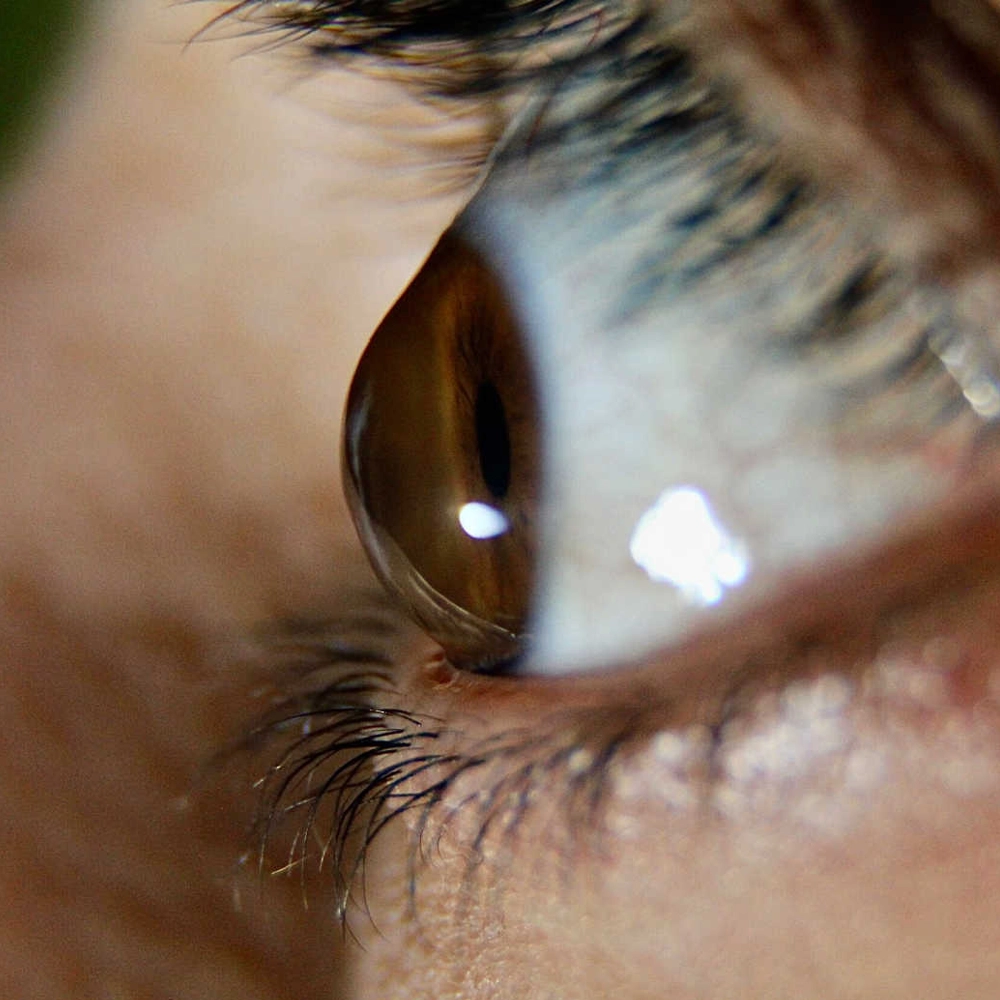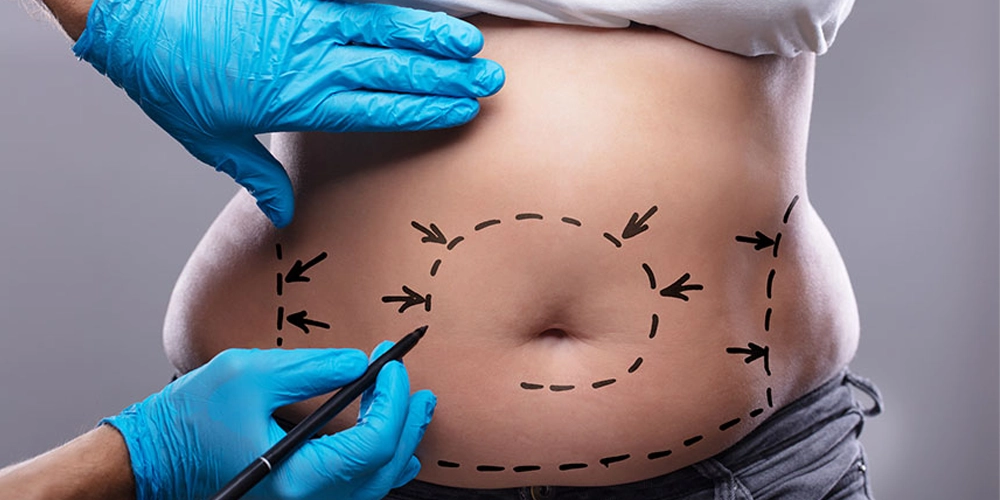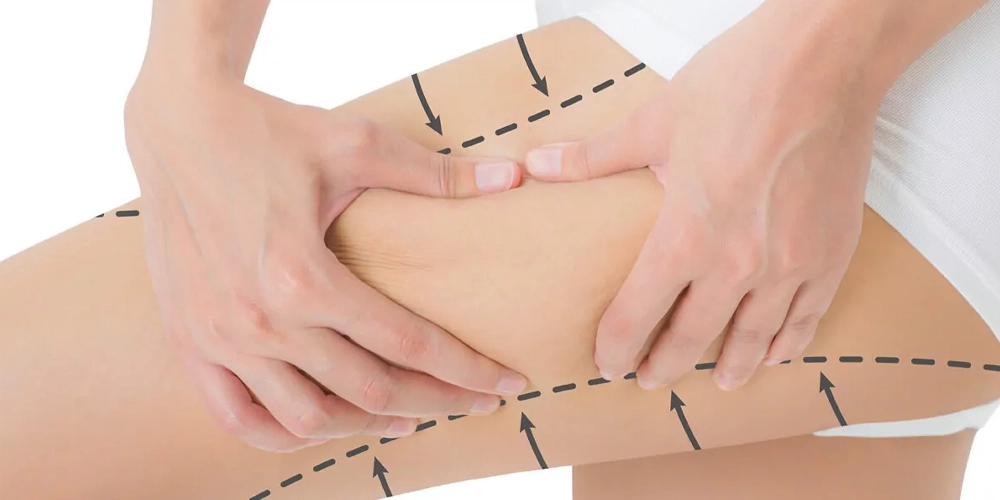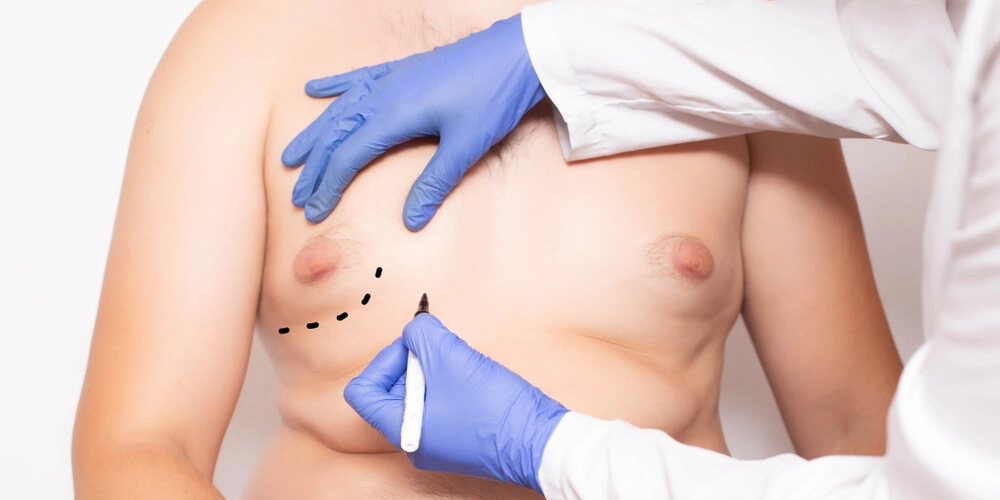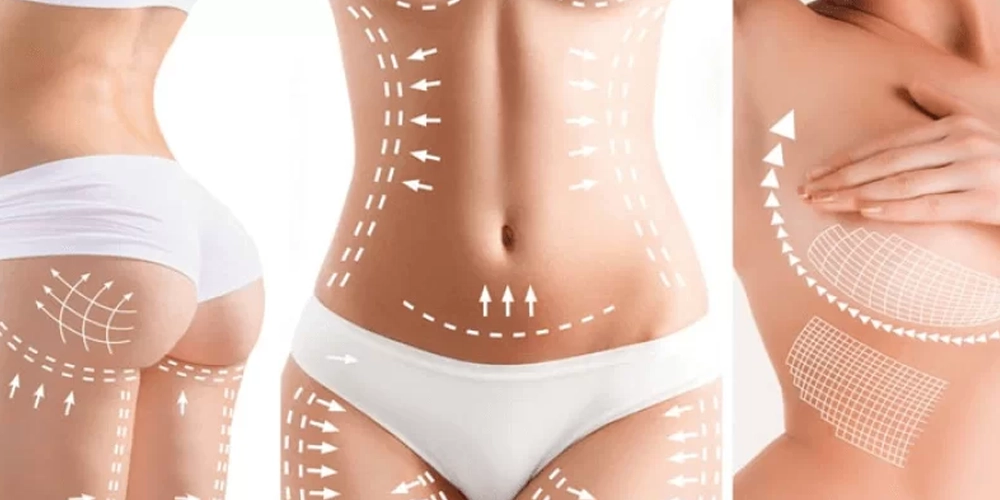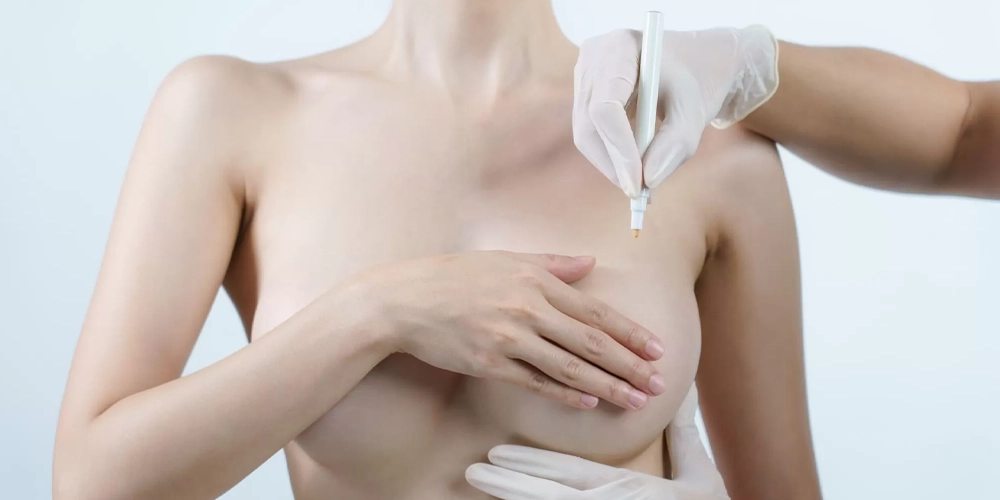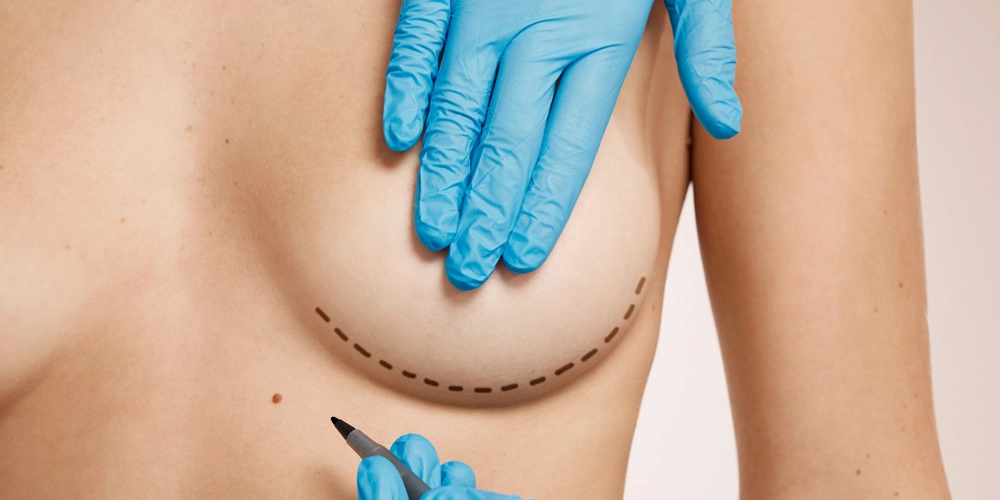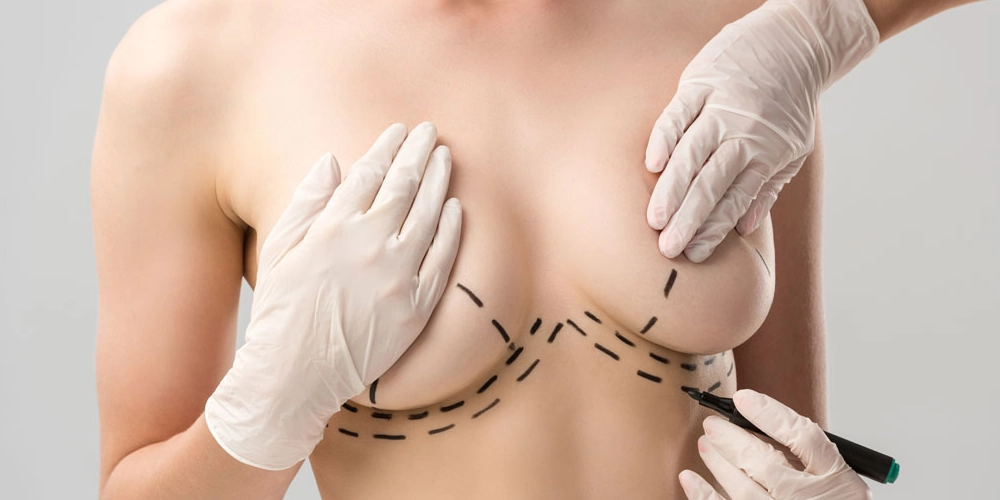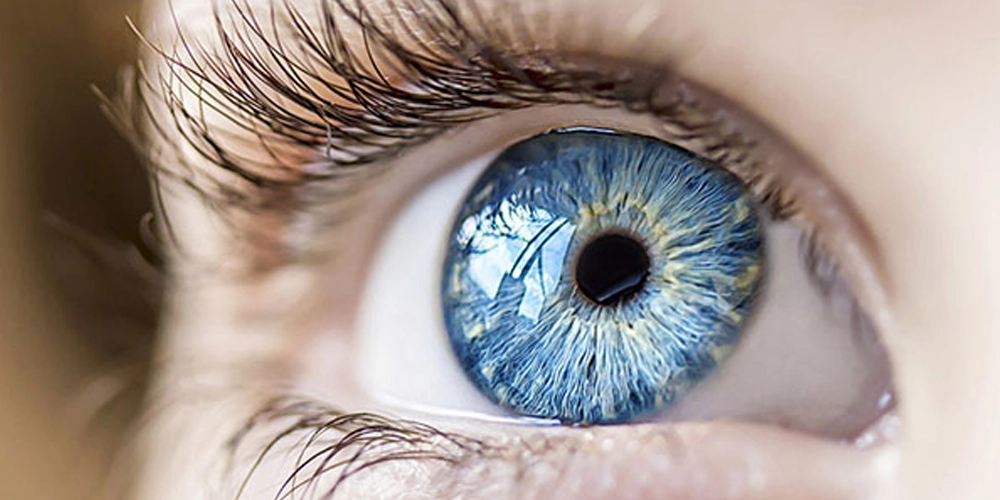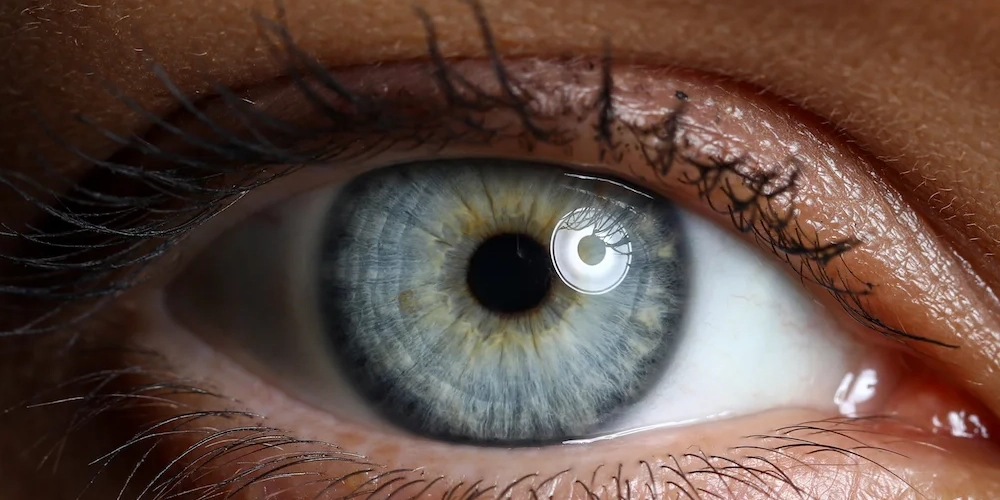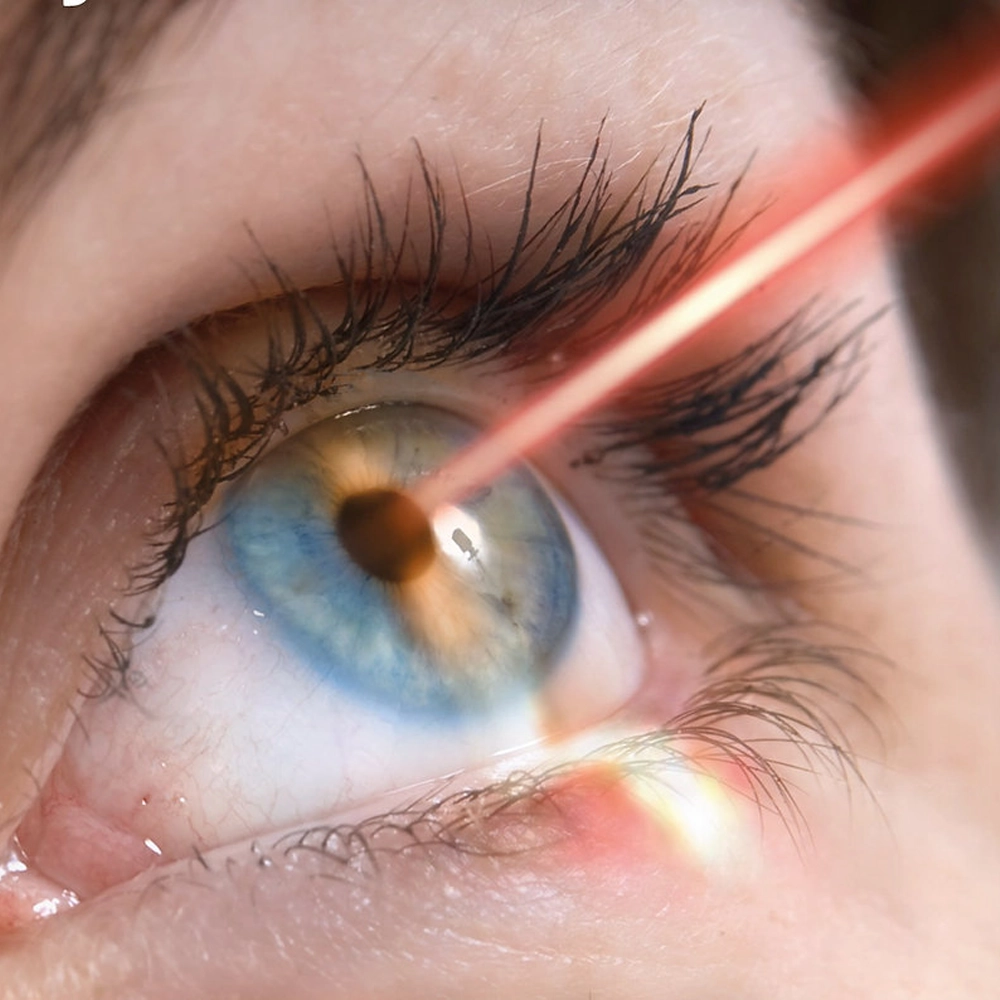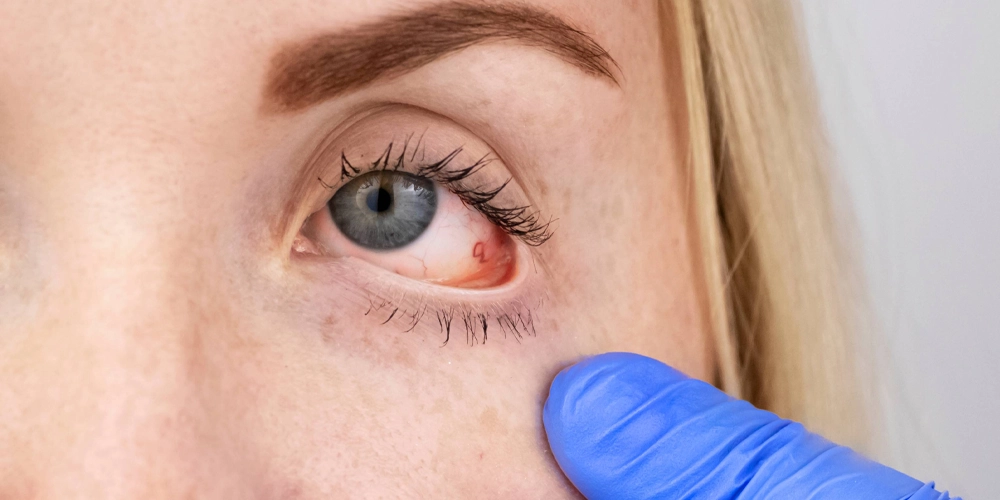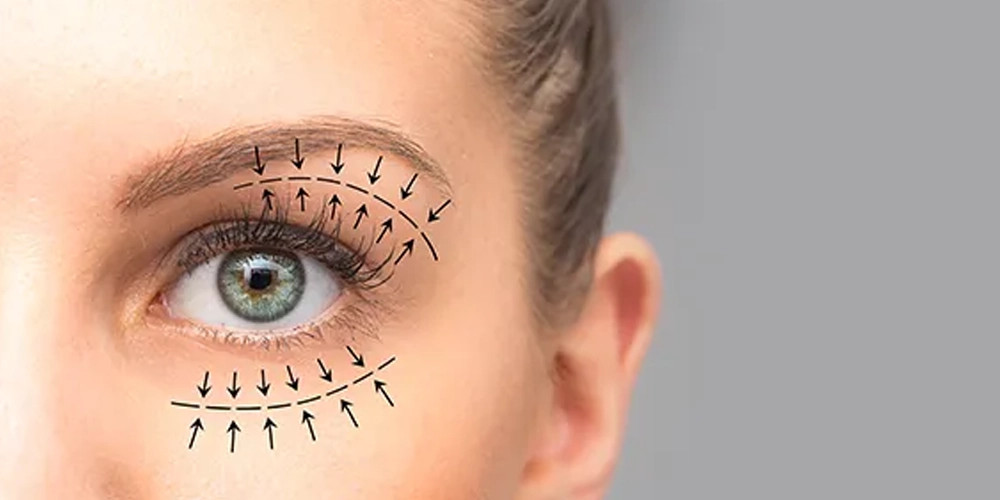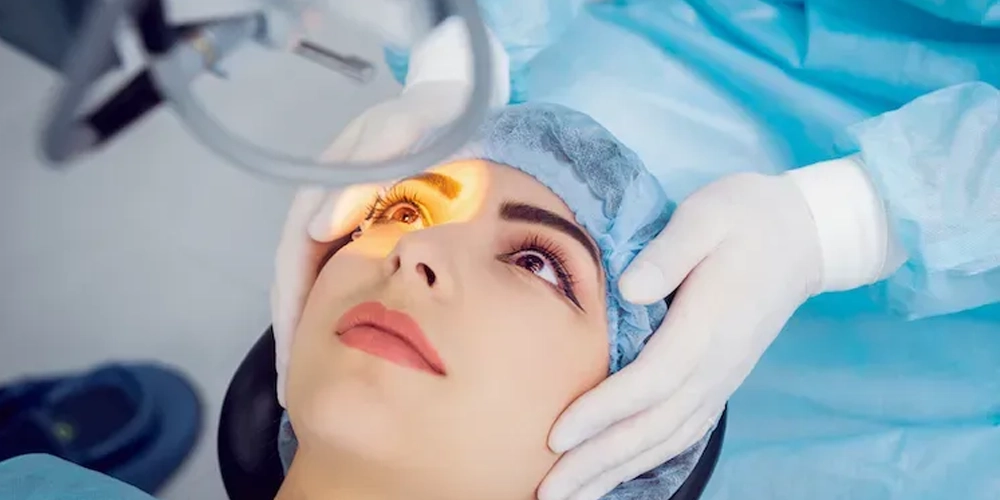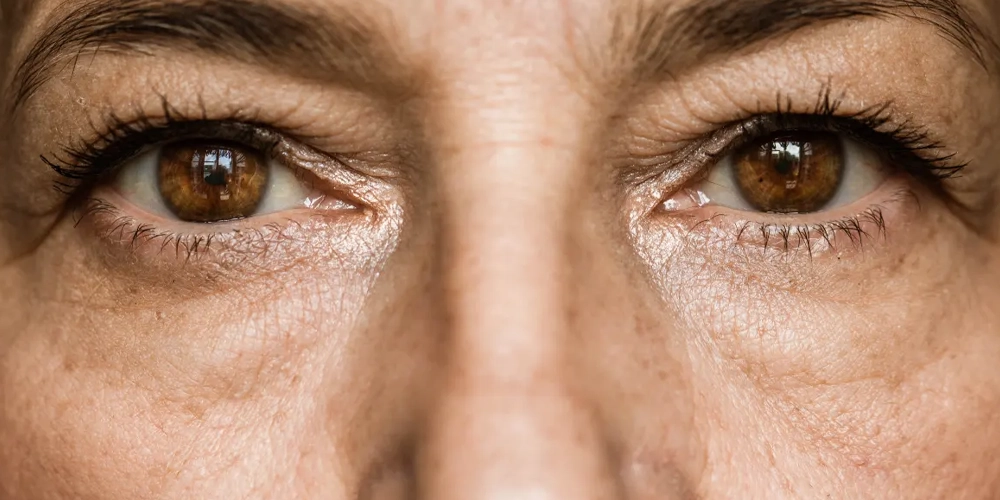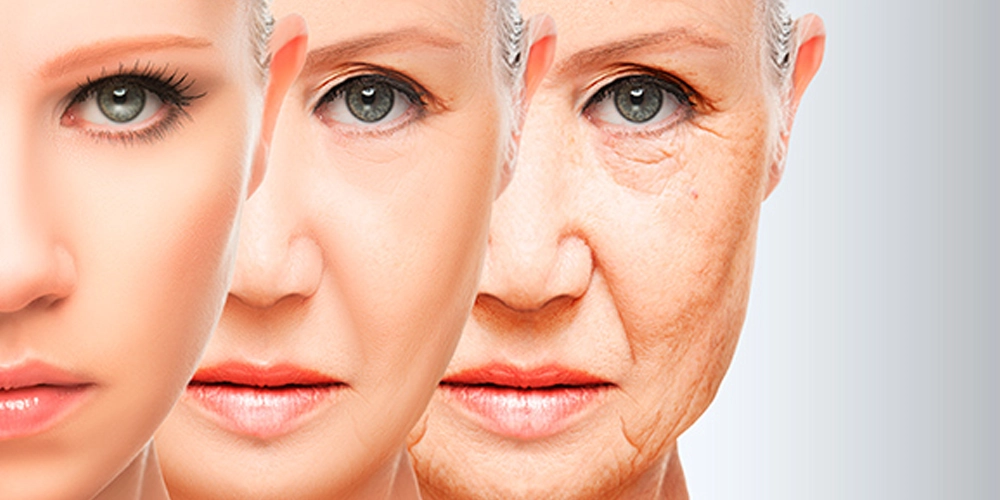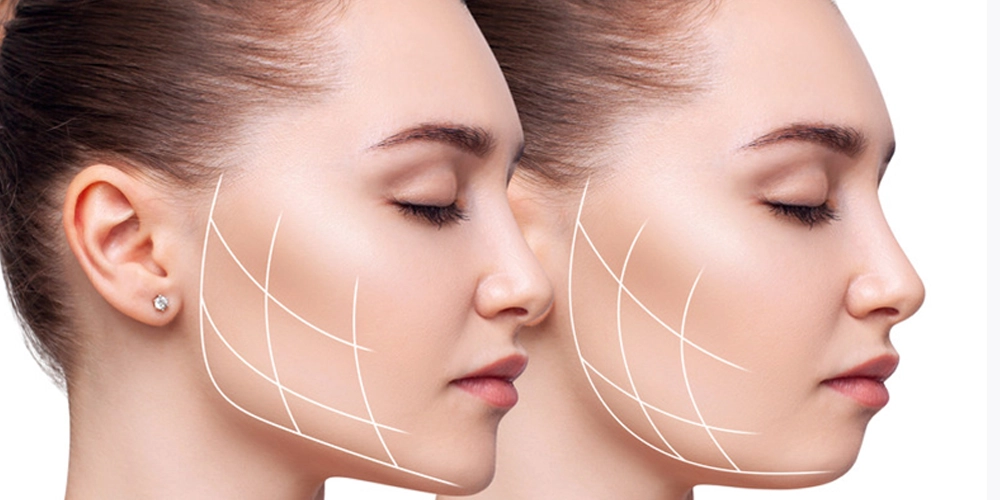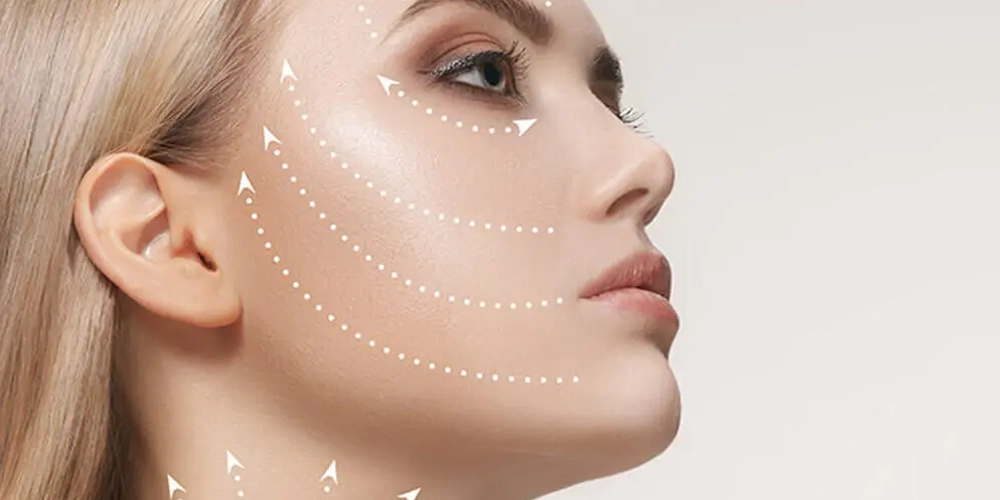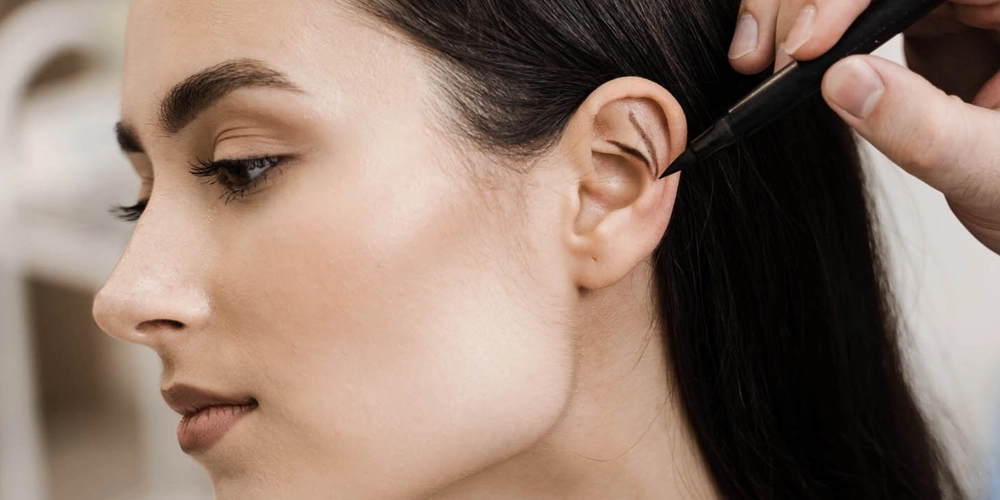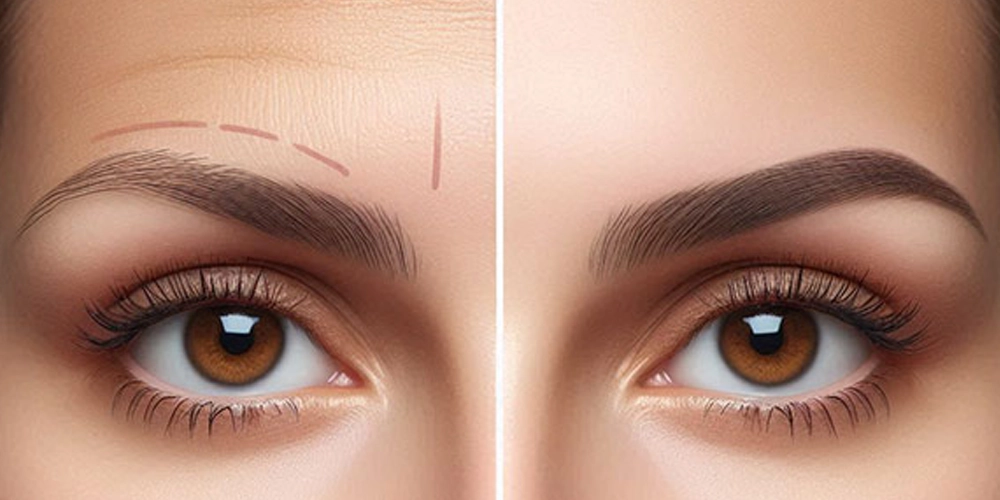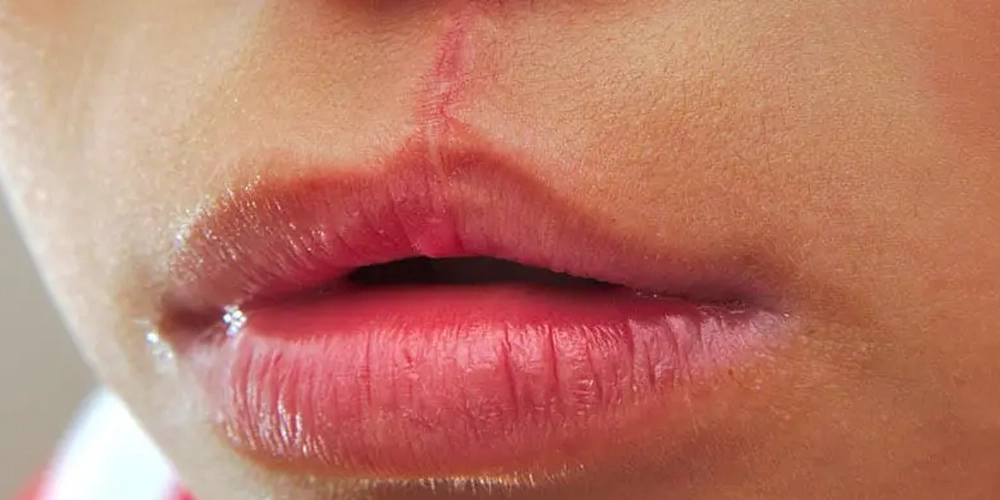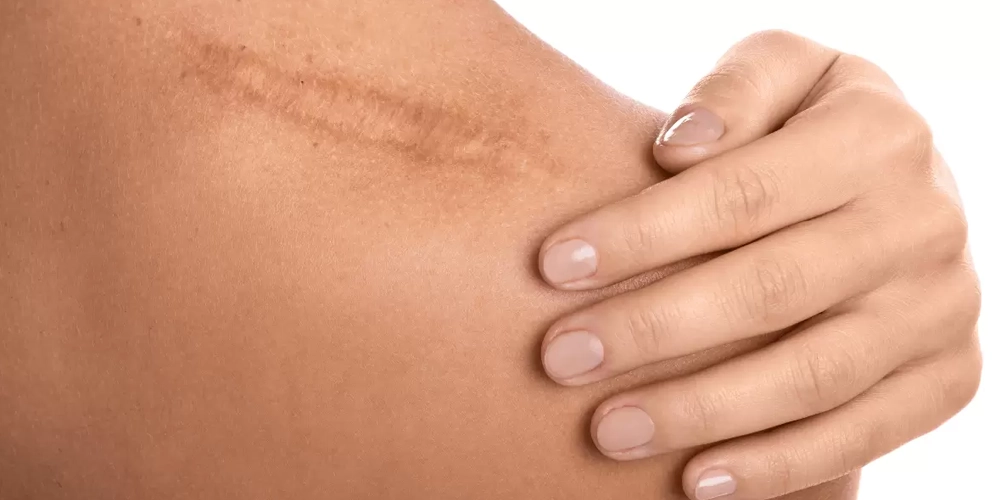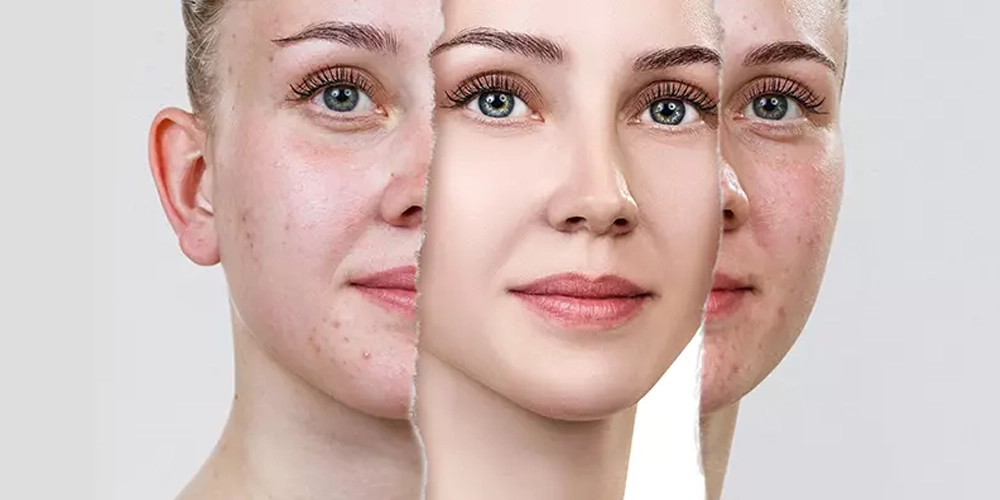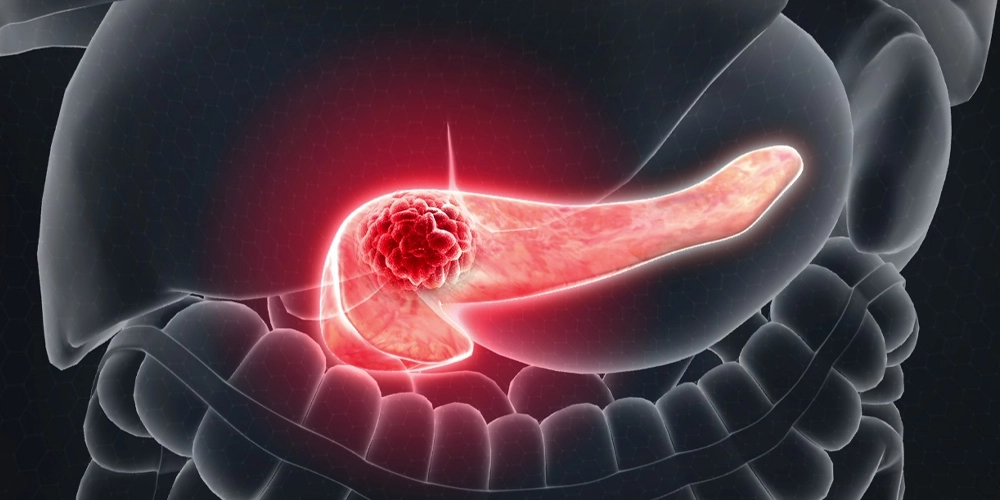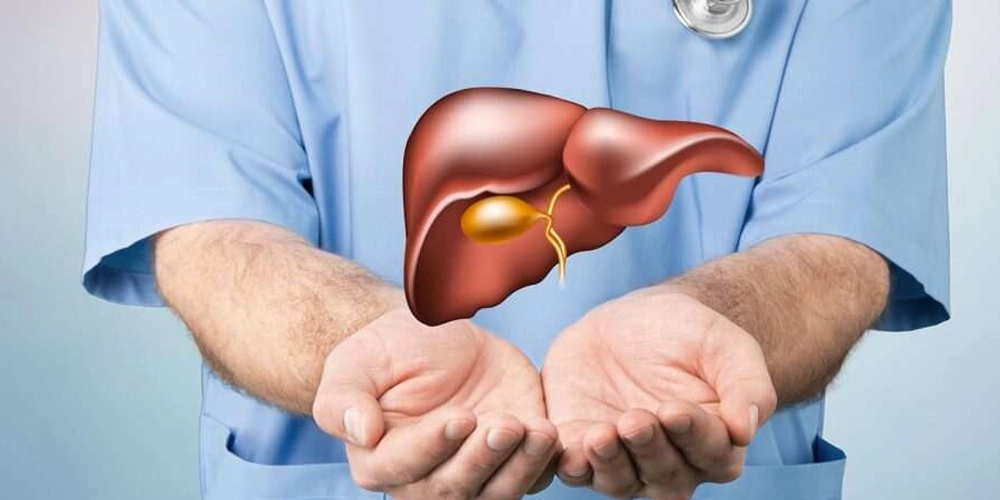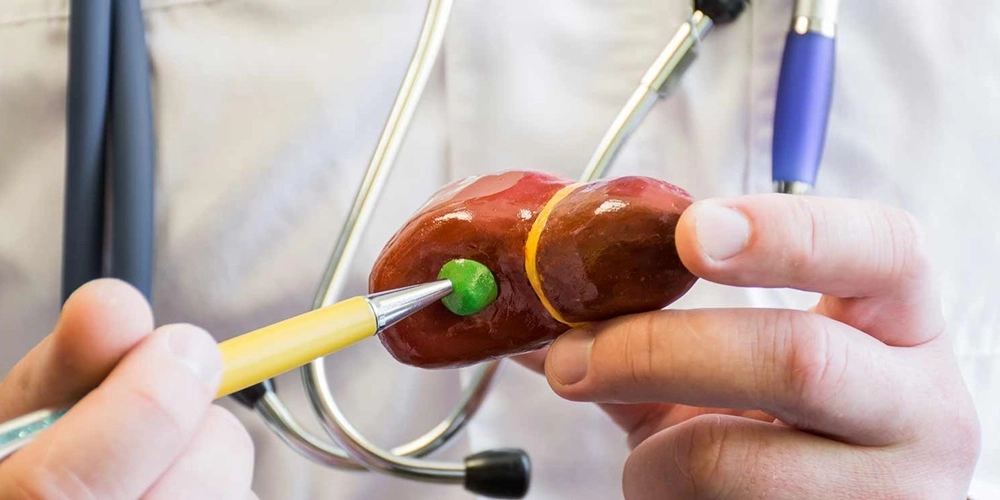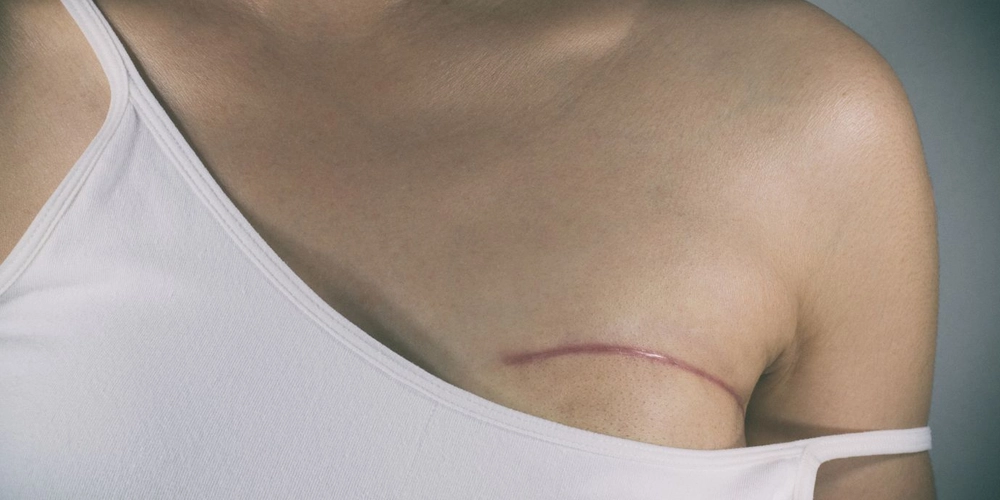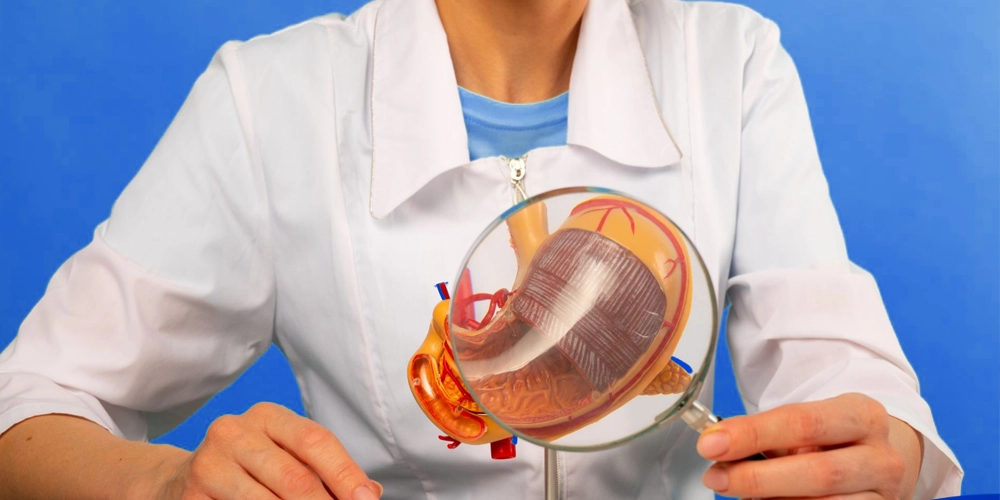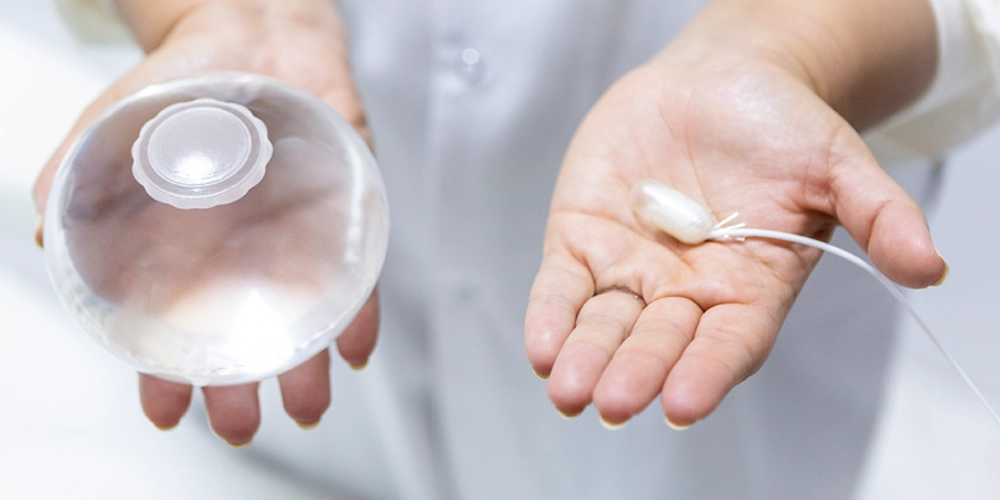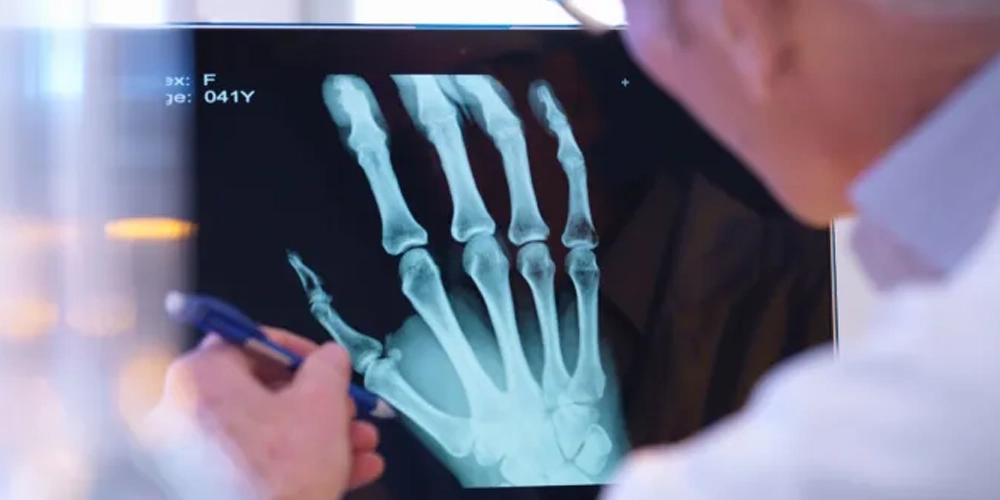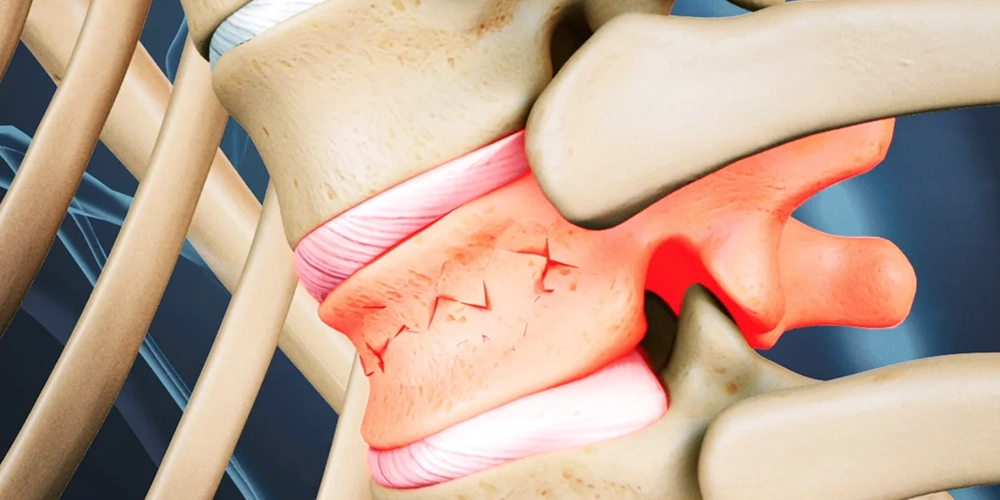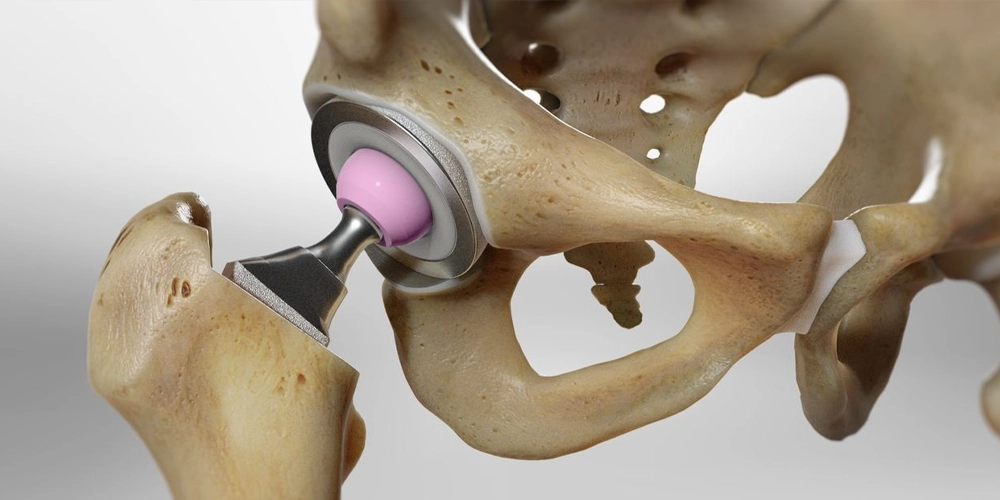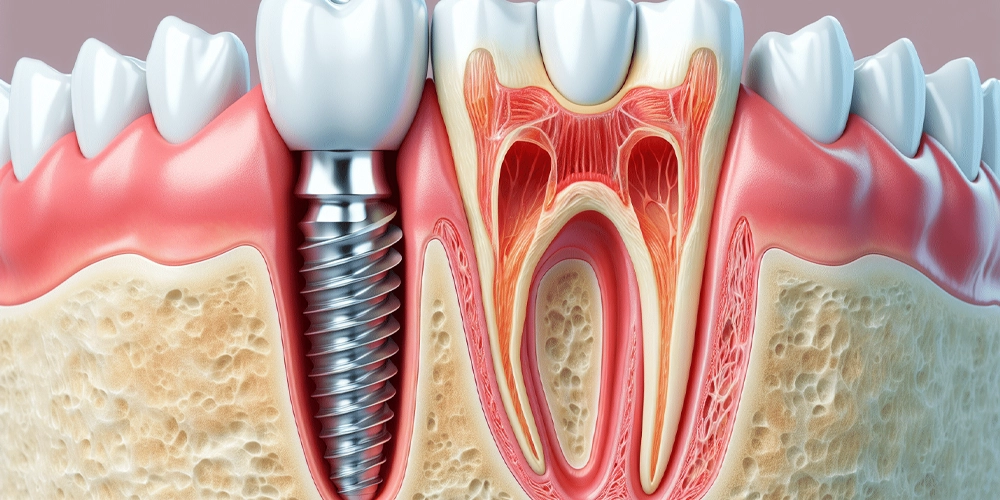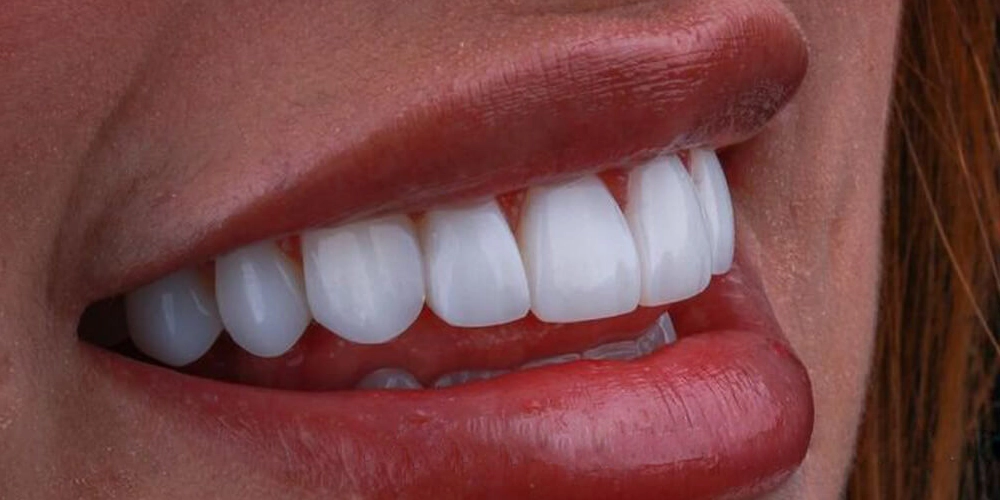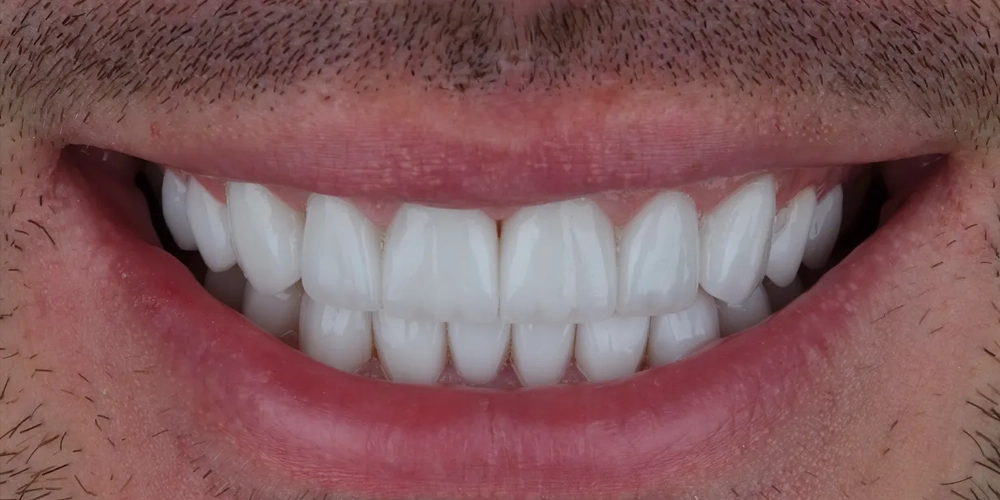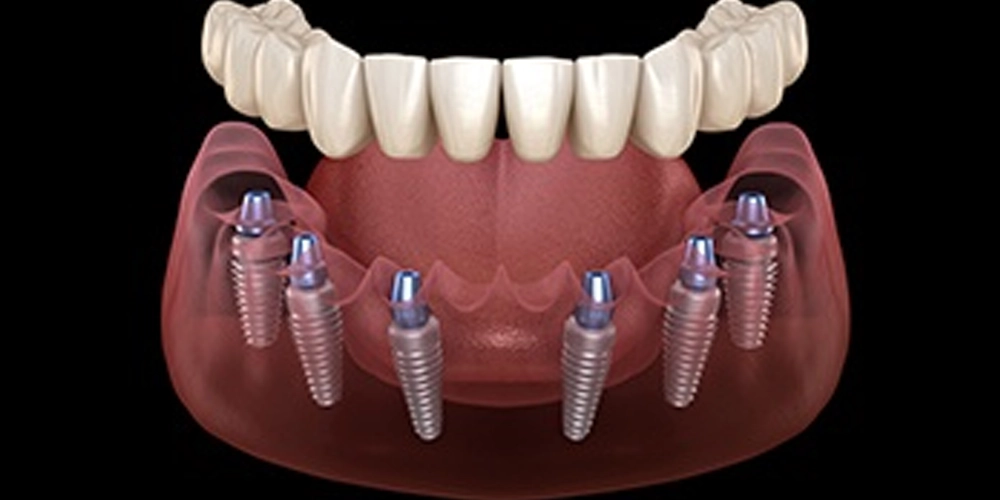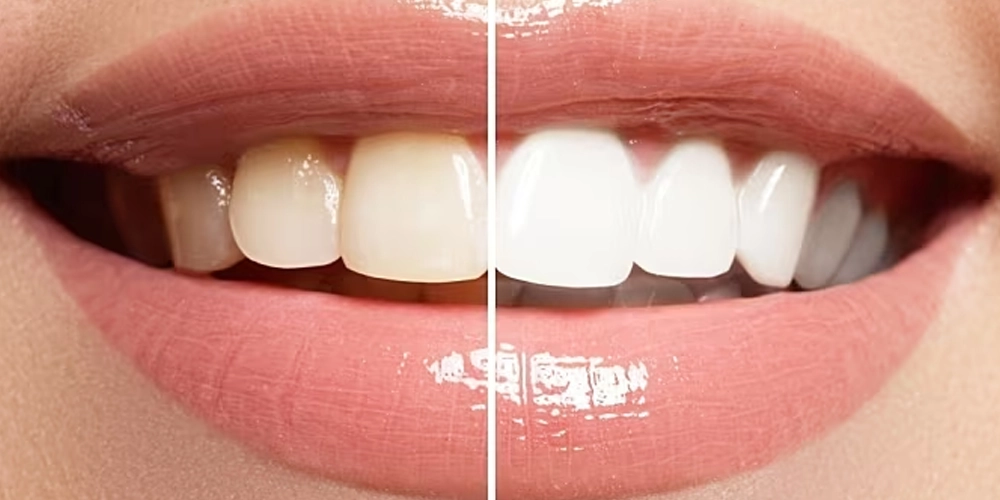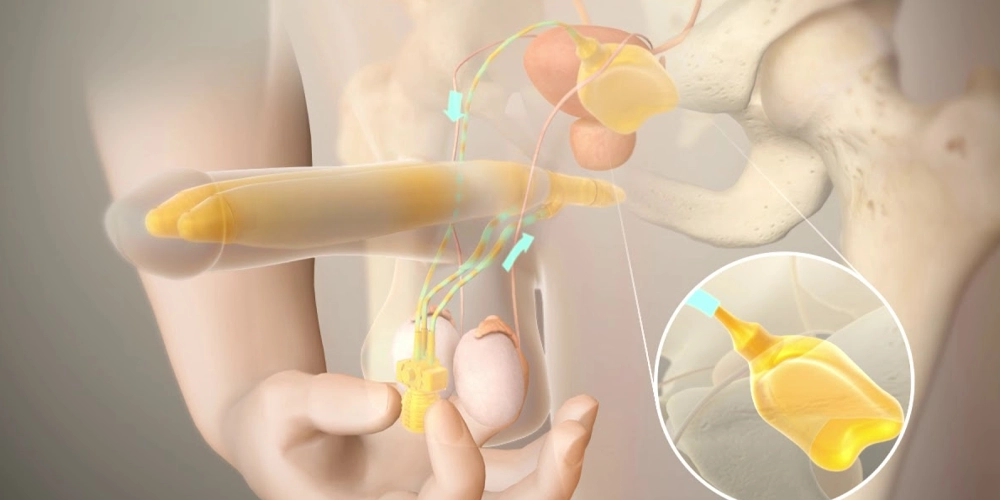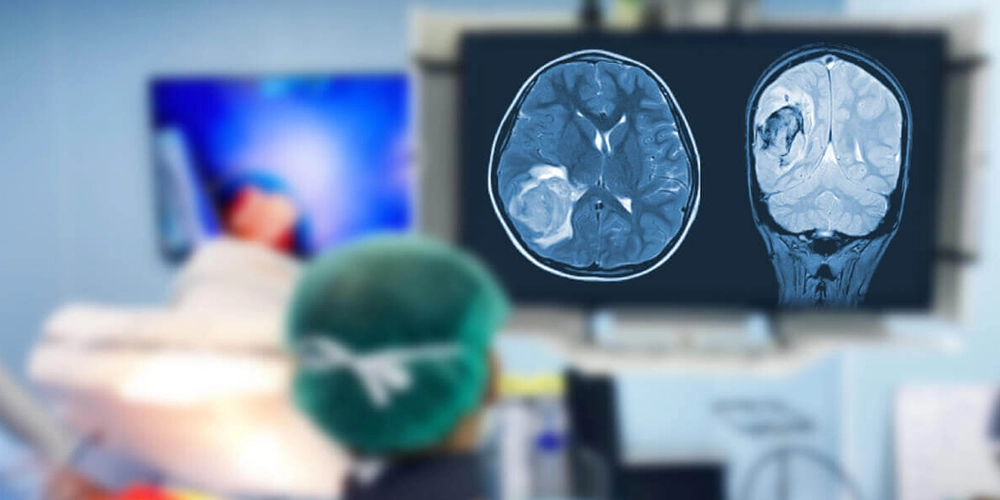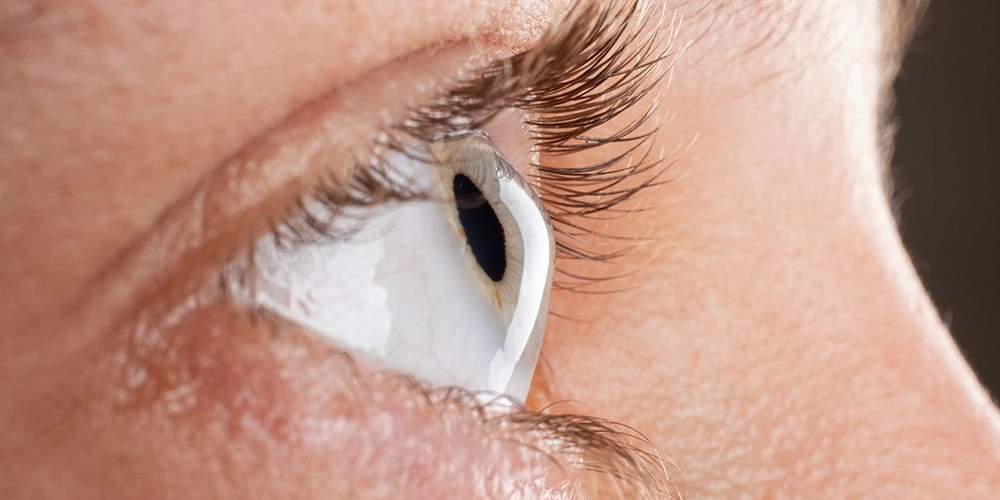

Keratoconus Treatment
5-10 Min
Topical anesthesia (eye drops)
Varies depending on the procedure, usually between a few days and a few weeks.
GET OFFER
Overview
Keratoconus is a progressive eye disease that causes the cornea to thin and bulge into a cone shape. This change leads to distorted vision, blurriness, and astigmatism. Keratoconus treatment aims to halt the disease’s progression and improve vision, with various options available depending on the disease stage and a patient’s individual needs.
Keratoconus Treatment at Atlas University Hospital: Halting Disease Progression
At Atlas University Hospital, we specialize in keratoconus treatment, offering advanced procedures to manage this progressive eye disease. Our expert ophthalmologists provide a range of options, including corneal cross-linking, intrastromal corneal ring segments, and corneal transplants. By choosing keratoconus treatment at Atlas University Hospital, you are taking a crucial step to strengthen your cornea, stop or slow vision loss, and improve your overall visual acuity.
Why Choose Atlas University Hospital for Keratoconus Treatment?
Choosing Atlas University Hospital for your keratoconus treatment means you’ll receive specialized and compassionate care. Our patients trust us for our:
- Specialized Expertise: Our ophthalmologists are highly skilled in the latest keratoconus treatment methods.
- Personalized Care: We develop a customized plan based on your unique eye condition and needs.
- Advanced Facilities: All procedures are performed in our modern hospital in Istanbul, equipped with state-of-the-art technology.
- Comprehensive Support: We provide full support, from your initial consultation to your post-treatment recovery and follow-up.
The Keratoconus Treatment Procedure at Atlas University Hospital
The keratoconus treatment procedure at Atlas University Hospital is a carefully planned and executed operation.
- Procedure: Varies depending on the method (e.g., Corneal Cross-Linking).
- Duration: Varies from 30 minutes to several hours.
- Anesthesia: Typically topical eye drops for a pain-free experience.
- Location: All procedures are performed in the specialized surgical departments of Atlas University Hospital in Istanbul.
- Recovery: Recovery time varies, with most procedures allowing for a return to daily activities within a few days to a few weeks.
Your Keratoconus Treatment Journey: The Daily Plan at Atlas University Hospital
We provide a clear, day-by-day plan for your keratoconus treatment journey at Atlas University Hospital to ensure a supportive and structured experience.
- Day 1: Arrive in Istanbul and transfer to the hospital. You will have a pre-operative consultation and a detailed eye examination, including corneal topography.
- Day 2: Your keratoconus treatment is performed. A protective eye patch or contact lens may be applied. You will rest and use eye drops. Most patients are discharged the same day to their hotel.
- Day 3: You’ll have a post-treatment check-up with your ophthalmologist. The eye patch or contact lens will be removed, and you will continue using eye drops.
- Days 4-5: You will rest and continue using your eye drops. You can gradually return to your daily activities as recommended by your doctor. Note: A check-up is performed on the 5th day after cross-linking.
- Day 6: You will return to your home country.
Post-Treatment Care from Atlas University Hospital
Following your post-treatment instructions from Atlas University Hospital is vital for a smooth and successful recovery.
- Eye Drops: Use your prescribed eye drops regularly as directed.
- Care: Avoid rubbing or scratching your eyes to protect the treated area.
- Protection: Protect your eyes from dust and dirt.
- Follow-up: Schedule a follow-up appointment with a local ophthalmologist in your country to monitor your progress.
Frequently Asked Questions about Keratoconus Treatment
Q: Is keratoconus treatment painful? A: The procedure itself is not painful due to the anesthesia. You may experience some mild discomfort afterward, which can be managed with medication.
Q: How much will my vision improve after keratoconus treatment? A: Vision improvement varies depending on the stage of the disease and your response to the treatment. While the goal is to improve vision, in some cases, the primary goal is to stop the disease from getting worse.
Q: What are the risks of keratoconus treatment? A: As with any medical procedure, there are risks such as infection, eye discomfort, and temporary blurred vision. Your doctor will explain all potential risks in detail.
Q: Who is a suitable candidate for keratoconus treatment? A: People who have been diagnosed with keratoconus and are experiencing vision loss may be suitable for treatment. Your ophthalmologist will perform a thorough evaluation to determine the most appropriate treatment for you.

